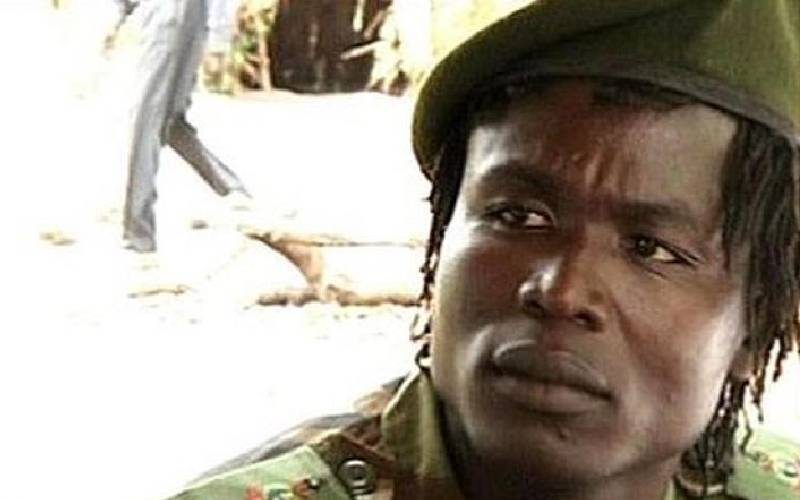×
The Standard e-Paper
Smart Minds Choose Us

The International Criminal Court on Thursday found Dominic Ongwen guilty of 61 comprising crimes against humanity and war crimes.
The crimes were committed in Northern Uganda between July 1, 2002 and December 31, 2005.